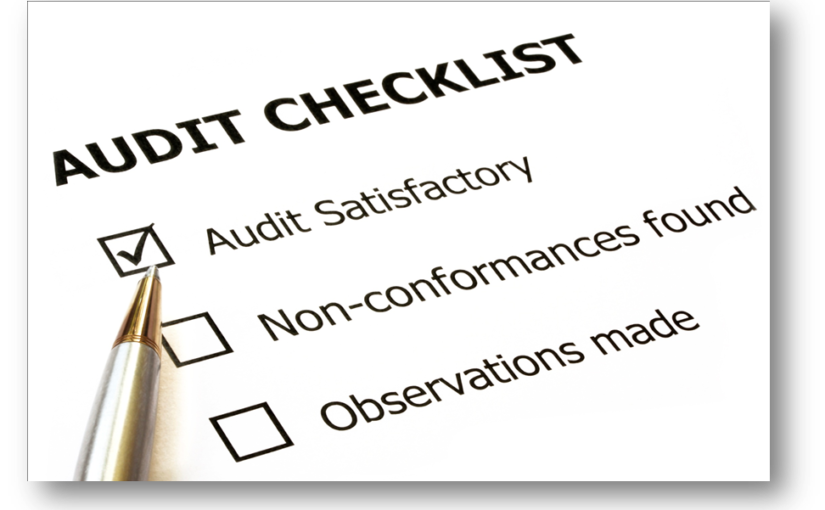What is an LLP?
LLP is a way between Company and Partnership. It takes the benefits of both i.e. less legal and regulatory formalities and a Corporate Entity form.Professionals who use LLPs tend to rely heavily on reputation. Most of them are managed by professionals who have a lot of experience and clients. By pooling their resources, the partners tend to lower the costs of doing business while increasing the LLP’s capacity for growth. They can share office space, employees and so on. Reducing costs allows the partners to realise more profits from their activities than they could individually. The partners in an LLP can also be junior paid partners with future probability of turning into normal partners. These junior partners are paid a salary and often have no stake or liability in the partnership. They are designated professionals qualified to do the work that the partners bring in. This is another way that LLPs help the partners scale their operations. Junior partners and employees take away the detailed work and free up the partners to focus on bringing in new business.LLP can be more profitable since it has the ability to bring partners in and let partners out. Because a partnership agreement exists for an LLP, partners can be added or retired as outlined by the agreement. This comes in handy as the LLP can always add partners who bring existing business with them. Usually, the decision to add requires approval from all the existing partners.
Maintenance and filing of Accounts
An LLP shall be under obligation to maintain annual accounts reflecting true and fair view of its state of affairs. A “Statement of Accounts and Solvency” in prescribed form shall be filed by every LLP with the Registrar every year.
Exemption from Audit
The accounts of every LLP shall be audited in accordance with Rule 24 of LLP, Rules 2009.
Such rules, inter-alia, provides that any LLP, whose turnover does not exceed, in any financial year, forty lakh rupees, or whose contribution does not exceed twenty five lakh rupees, is not required to get its accounts audited. However, if the partners of such limited liability partnership decide to get the accounts of such LLP audited, the accounts shall be audited only in accordance with such rule.LLPs have to appoint auditor within 30 days before the end of the financial year. In other words auditor has to be appointed before 1st March every year.
Appointment by designated Partners
The designated partners may appoint an auditor:
- At any time for the first financial year but before the end of the Financial Year.
- Within 30 days before the end of the Financial Year.
This can be done to
- To fill a casual vacancy in the office of auditor.
- To fill up the vacancy caused by removal of an auditor.
Appointment by Partners
If the designated partners have not appointed then the Partners can assume this responsibility.
Holding Office
An Auditor shall hold office from the day the previous auditor ceases to hold office and upto the end of the next period for appointing a new auditor, unless re-appointed.
Penalty
Any LLP which fails to comply with the requirements shall be punishable with a fine which shall not be less than Rs. 25,000 but not exceeding Rs. 5,00,000. Every designated partner shall be punishable with fine which shall not be less than Rs. 10,000 but not exceeding Rs. 5,00,000.
Annual Returns
Every LLP would be required to file annual return in Form 11 with ROC within 60 days of closer of financial year. The annual return will be available for public inspection on payment of prescribed fees to Registrar.
Documents available for public inspection in the office of Registrar
The following documents/information will be available for inspection by any person:-
- Incorporation document,
- Names of partners and changes, if any, made therein,
- Statement of Account and Solvency
- Annual Return
The fees for such inspection of an LLP is Rs 50/- and fees for certified copy or extract of any document u/s 36 shall Rs. 5/- per page.
For more information, feel free to reach us on, info@gapeseedconsulting.com or call +91-9599444639/+91-9599444630
Related Blogs
Why Audits are important for business?
THE EVOLVING ROLE OF INTERNAL AUDIT IN GROWING COMPANIE



